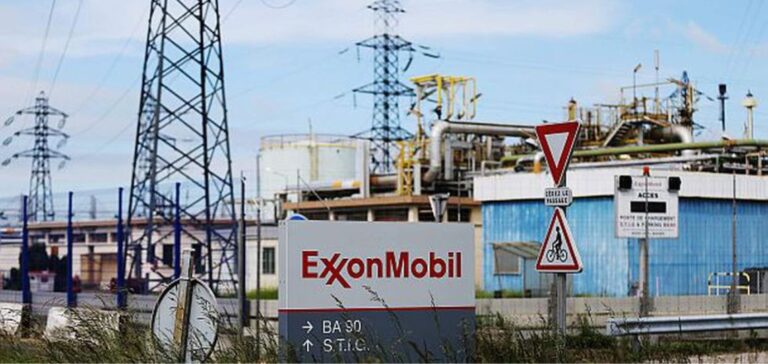The president of ExxonMobil’s oil and gas production business, Liam Mallon, said Guyana is central to its plan to increase its global oil production by about 13% by 2027. However, Exxon is not ready to commit to Guyana until new contract terms are disclosed.
Ambitious development plans
Exxon sees the potential to install at least ten floating storage and offloading vessels (FPSOs) in the Stabroek block. The first six vessels combined will have the capacity to produce 1.2 million barrels of oil and gas per day. The company recently submitted development plans for its sixth production project, called Whiptail. The FPSO for this one could add between 220,000 and 275,000 barrels of capacity per day. If confirmed, it will be the largest floating platform in the Americas, surpassing the Yellowtail project.
Exxon’s consortium still has a lot to discover on its massive Stabroek block, whose discoveries since 2015 contain about 11 billion barrels of recoverable oil. Six drilling rigs are still searching for crude oil and natural gas. Potential reserves could more than double to 25 billion barrels of oil and gas.
Uncertain contracts
The Exxon-led consortium controls 6.6 million acres (26,800 km²) with over 30 discoveries. Exxon is aiming to more than triple Guyana’s production to 1.2 million barrels per day by 2027, and it could go beyond that. However, the company will not commit to investing until the terms of the contract are clear, and these must be finalized by March 8.
A conference to attract investors
Guyana is using the conference to highlight an auction next quarter of 14 offshore exploration blocks that could potentially double the area under exploration. This prospect attracted oil industry delegations from India, the United Arab Emirates, Qatar and the United States to hear the government’s auction goals. Like Exxon, many companies hope to know the precise terms before deciding to invest billions of dollars.
A threatened hegemony
The Guyana auction could reduce Exxon’s dominance in the developing nation’s oil industry if other companies decide to bid. Currently, Exxon and its partners, Hess Corp and CNOOC, control all its production.






















